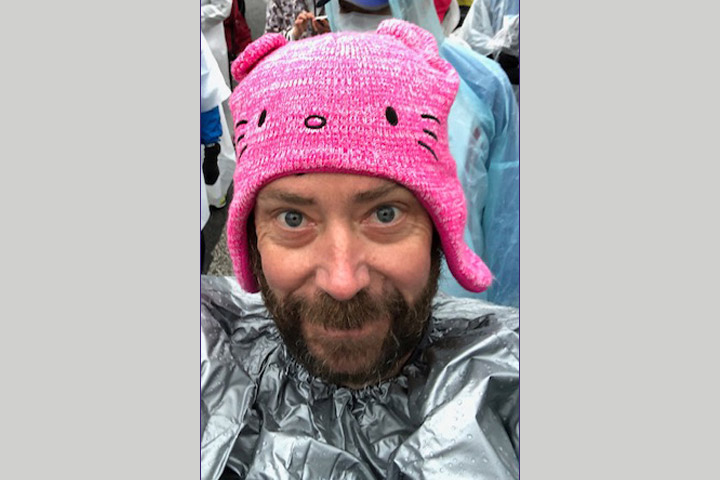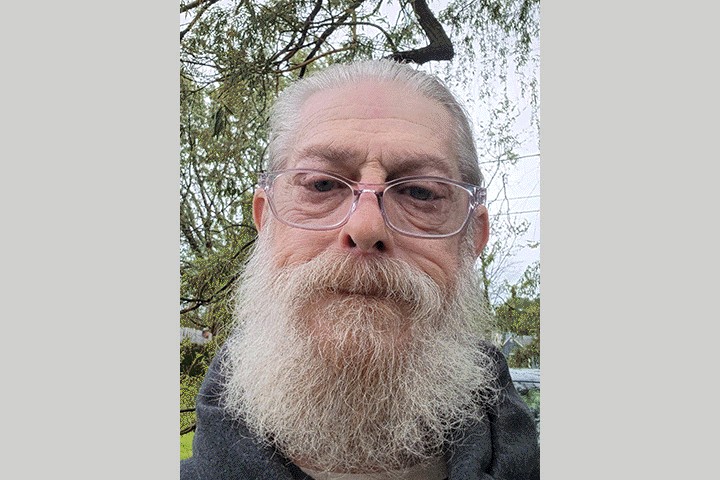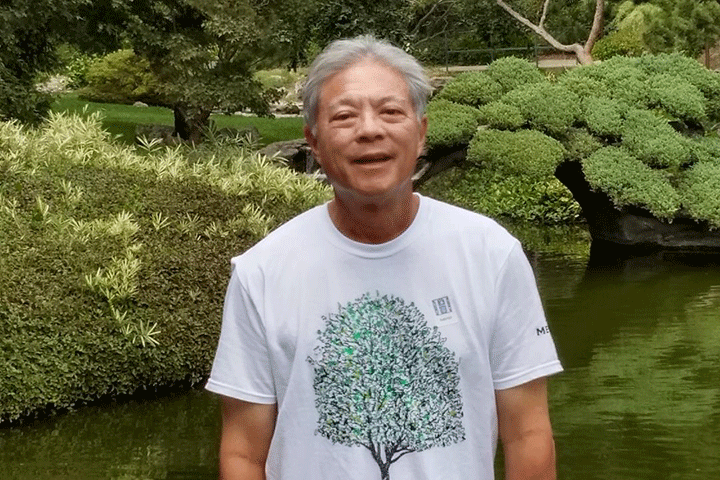Pancreatitis and Pancreatic Cancer Lead to Marathoning

- Repeated bouts of pancreatitis
- Intraductal papillary mucosal neoplasm (IPMN) diagnosed
- Whipple surgery leads to cancer discovery
I found out I had pancreatic cancer after my Whipple surgery on November 17, 2015; I was 45 years old.
In mid-December 2014 I developed severe abdominal pain radiating to my back, as well as nausea and vomiting. I saw Dr. Michael Sanders, a gastroenterologist in my hometown of Mobile, Alabama, on December 18, 2014. He suspected pancreatitis, so he tested my amylase and lipase numbers—the numbers were very high. I was admitted to the hospital, where I spent several days. I soon got better and was released.
I had another episode of pancreatitis in August 2015—this episode was much worse. I was admitted to the hospital again, but the pancreatitis would not go away. I ended up on a feeding tube and developed a staph infection. I was transferred to Ochsner Medical Center in New Orleans, Louisiana, for possible surgery of the pancreas and to treat the infection. Multiple tests were run at this time, including an ERCP, EUS, as well as CT scans, and an MRI. But due to the inflammation and overall condition of my pancreas nothing significant was found at that time. The doctors at Ochsner ended up placing a stent in the head of my pancreas, since my main bile duct was inflamed. It took almost 30 days but eventually I got better and was released from the hospital.
Third Bout of Pancreatitis and a New Diagnosis
But in October I was sick with pancreatitis again. The doctors ran more tests, again including an MRI, ERCP, and CT scan. They found what they believed to be an intraductal papillary mucosal neoplasm (IPMN) in the head of my pancreas. The doctors believed this was causing me to have pancreatitis. Dr. Sanders recommended that I have a Whipple surgery. My wife and I met with multiple surgeons at Ochsner (New Orleans), Mobile Infirmary (Mobile), and Johns Hopkins (Baltimore). We chose to have the Whipple done by Dr. John Cameron at Johns Hopkins.
The surgery was on November 17, 2015. Afterward I found out there was a malignant tumor in the head of my pancreas. The cancer had not spread to the lymph nodes, so my doctors felt I did not need chemo or radiation treatments. I have had very few post-Whipple side effects other than making some minor changes to my diet. I have not needed enzymes or other treatments. I get a CT scan every six months at Johns Hopkins as a follow-up. The last one was in mid-March (2019) and I got a clean scan, with no issues. I am almost 3 1/2 years cancer free.
The Joy of Marathons
When I was in recovery at Johns Hopkins, I told my wife I wanted to run a marathon. She said “You’re crazy,” but I was determined. I was not a runner and had only run a few 6k races 20 years earlier, and that was before I had pancreatic cancer.
Well, I ran my first ever marathon at the 2017 Chicago Marathon, where I was part of the Project Purple team. Then I ran the New Orleans Marathon in the spring of 2018 and I completed the New York Marathon in November that same year, where I ran again for Project Purple. I ran my personal best of 4:25:01 at the Tokyo Marathon on March 3, 2019 for the Ronald McDonald House of Japan. I am training for the London Marathon on April 28, 2019, where I will raise money for Pancreatic Cancer UK (London); I also got into the Berlin Marathon on September 29, 2019 via lottery. After the Chicago Marathon I got some crazy idea in my head to run the six Abbott World Marathon Majors. If I do not get hurt and can finish the three I am training for in 2019, I will be running the Boston Marathon in 2020 and will receive my six-star medal.
Having won my battle with pancreatic cancer and being a survivor has changed my perspective on life and my life goals. I am 30 pounds lighter, I quit having to take cholesterol medicine, and I try to live each day to the fullest and be the best person I can be.






